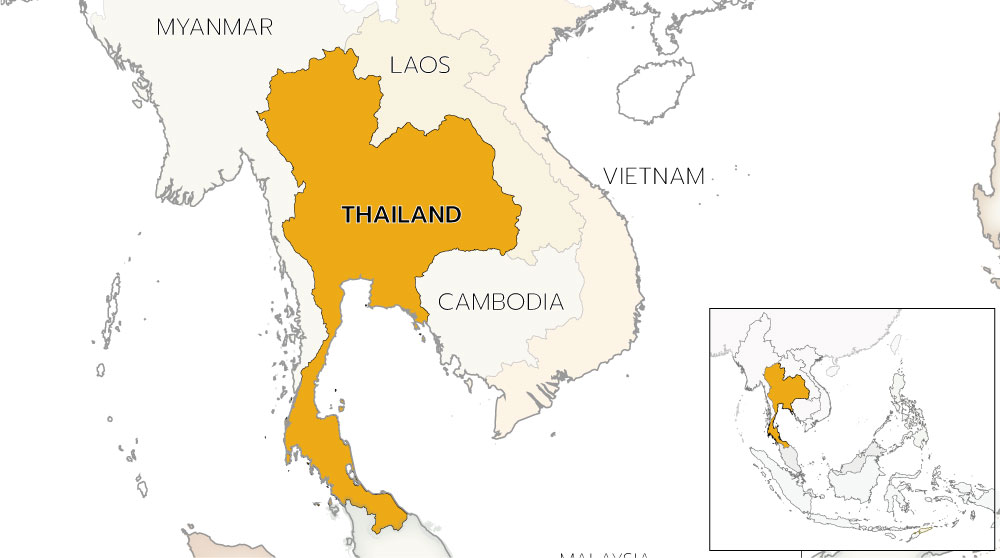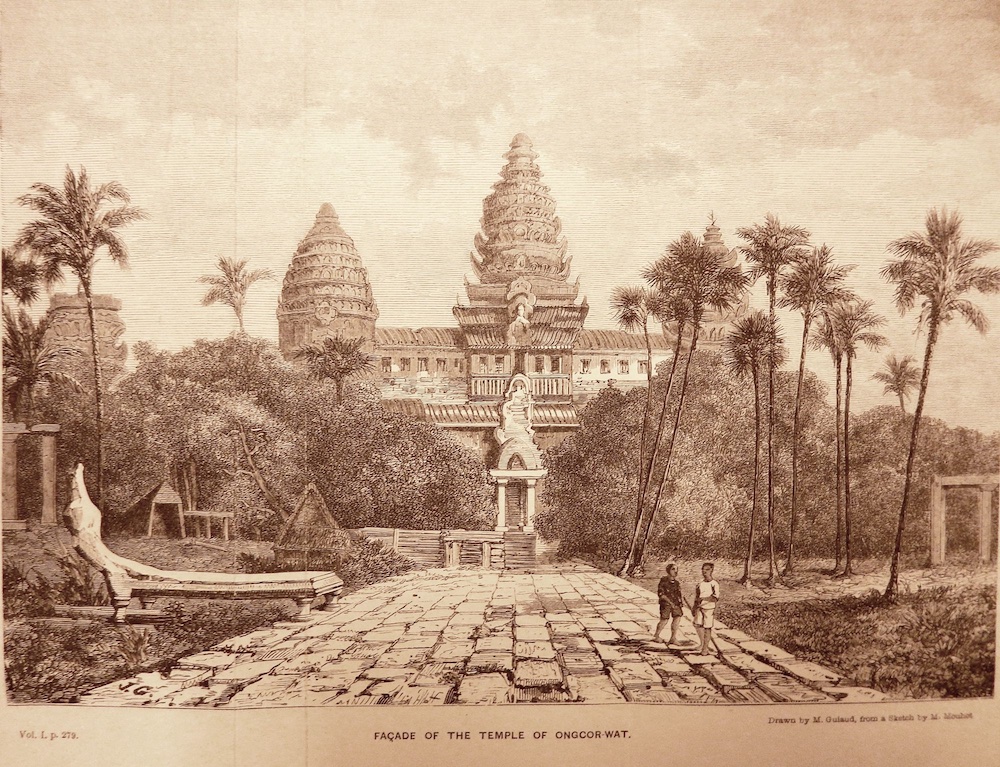Thailand
- 1931 Broadcasting started in 1931 as a a state monopoly operated by the Thai government. Originally, there were four broadcasting stations: Thai National Broadcasting Station and the experimental stations of the Post and Telegraph Department, the Military Signal Corps, and the Territorial Army. The National now the Broadcasting Station, under the Government Publicity Department Public Relations Department (PRD) - operated a medium-wave Thai service, a medium-wave experimental station, and a short-wave overseas service (see Rowland 1973, pp. 4-5).
- 1938 The PRD is entrusted with the coordination of broadcasting policy. The National Broadcasting Station is financed by government grants and advertising revenues. Originally, income from receiver licenses ten cents per receiver - went to to the government.
- 1952 The radio license fee was lifted on the assumption that broadcasting is a free service to the public.
- 1955 — the Committee of Radio Broadcasting and Communication of Thailand National Board of Broadcasting. One of the committee's first acts was to to recommend in 1966 the banning of all commercial advertising from stations operated by the PRD


Read More
Malaysia
Indonesia
Singapore
Myanmar
Hong Kong
Vietnam
Thailand
Cambodia
The Philippines
Brunei
Laos
Timor-Leste
